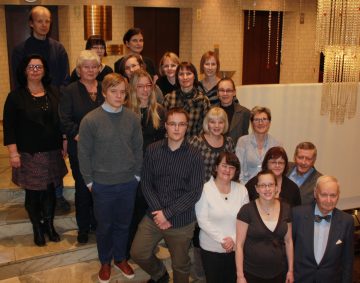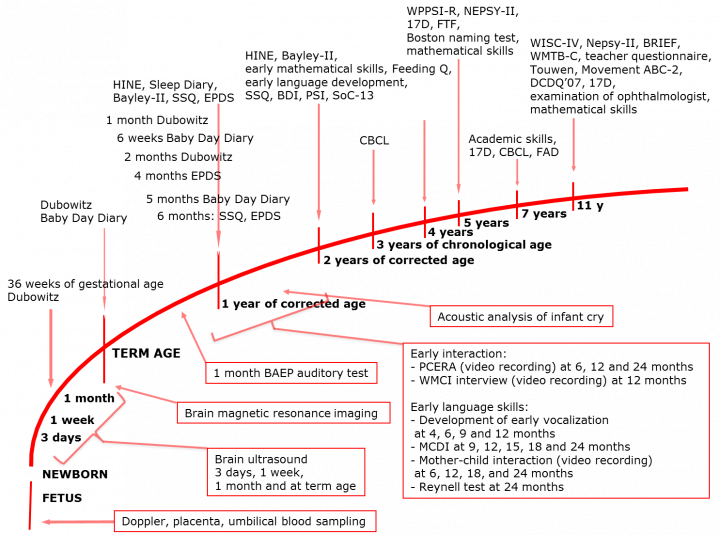Development and Functioning of Very Low Birth Weight Infants from Infancy to School Age
The PIPARI study is a prospective follow-up study launched in Turku University Hospital in 2001 that follows the development of 478 children (232 very preterm infants, 246 full-term control children) from birth to school age. The developmental follow-up of the high-risk children is important in order to provide families with children born very preterm with reliable information on the child’s survival in early childhood and at school age. Research is also important for society: studies based on sufficiently large patient data and long-term follow up is needed in order to best use the resources available to society.
The aims of the PIPARI research project are:
- to examine the effects of fetal risk factors on the long-term outcome
- to analyse the effects of different treatment modalities used in the neonatal intensive care on the long-term outcome, and to improve the medical care based on research evidence
- to apply new brain imaging techniques and find out their clinical value in follow-up as prognostic tools
- to examine the clinical value of early neurological and behavioural assessment methods as diagnostic and prognostic tools
- to investigate the trajectories of early linguistic, communicative and cognitive development by repeated follow-up examinations up to school age
- to assess the characteristics of the interaction between preterm infants and the caregivers, and to find out its significance to the child’s later development
The ongoing study project at the age of 17 aims to:
- Study the executive functions that can affect learning difficulties and academic achievements.
- study emotional and behavioural problems, the occurrence of alexithymia, social skills, and loneliness.
- study language skills.
- study the health-related quality of life.
- study sexuality and the relationship with one’s own body, substance abuse behaviour and media use.
- study how young adults born very preterm feel that they have received care from their parents during their lifetime.
PIPARI-SWAT (Study Within a Trial):
ePIPARI – digital follow-up of preterm infants:
The aim of the study is to determine whether the development of infants born <34 weeks of gestation can be reliably followed up using digital methods. The goal is that more infants born preterm can be followed, and that resources and support measures can be targeted for those who need them most. ePIPARI digital platform includes multidisciplinary developmental follow-up system for preterm children from term age until two years of corrected age. In addition, ePIPARI provides families with video material on the child’s normal age-appropriate development.






